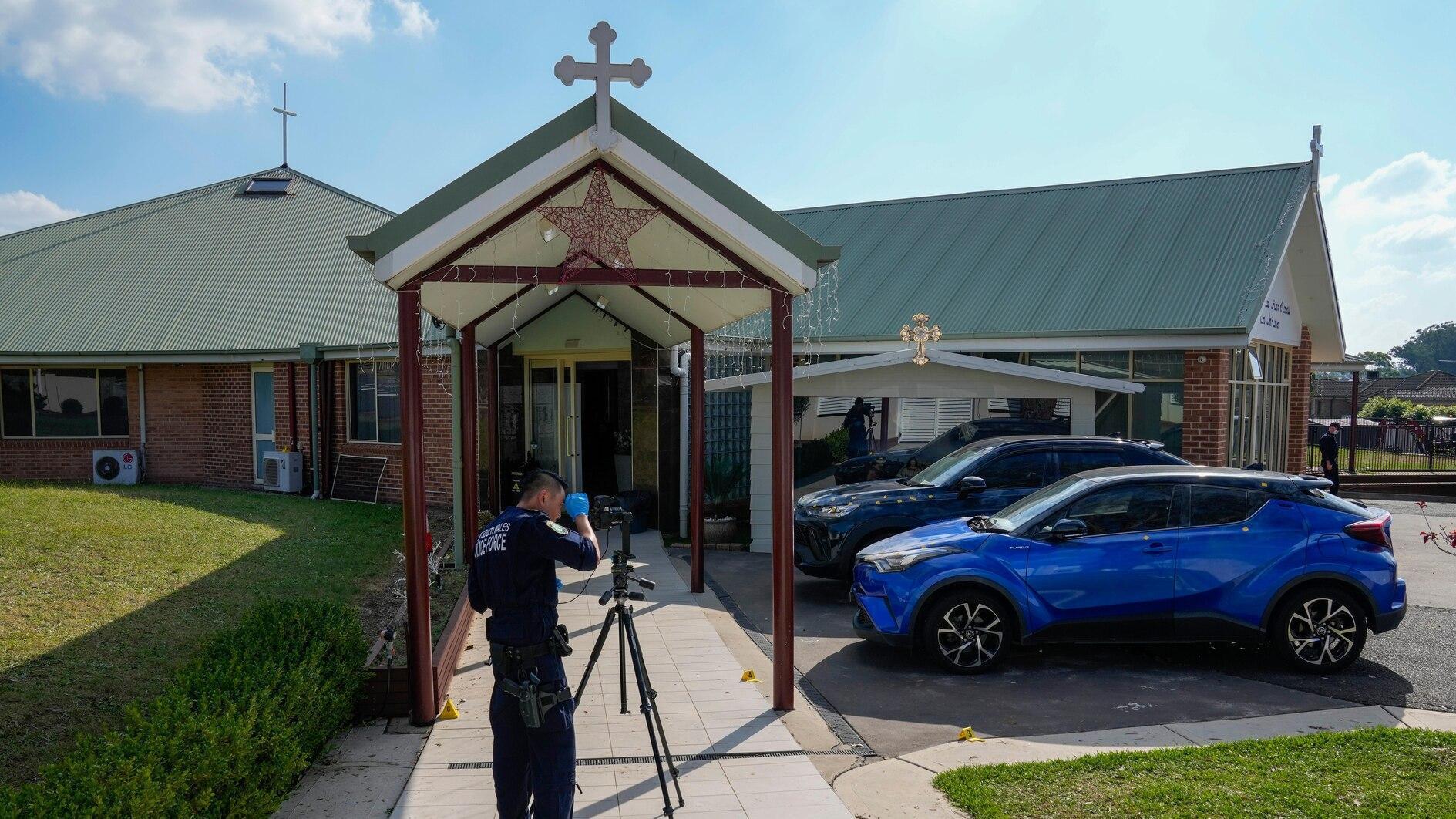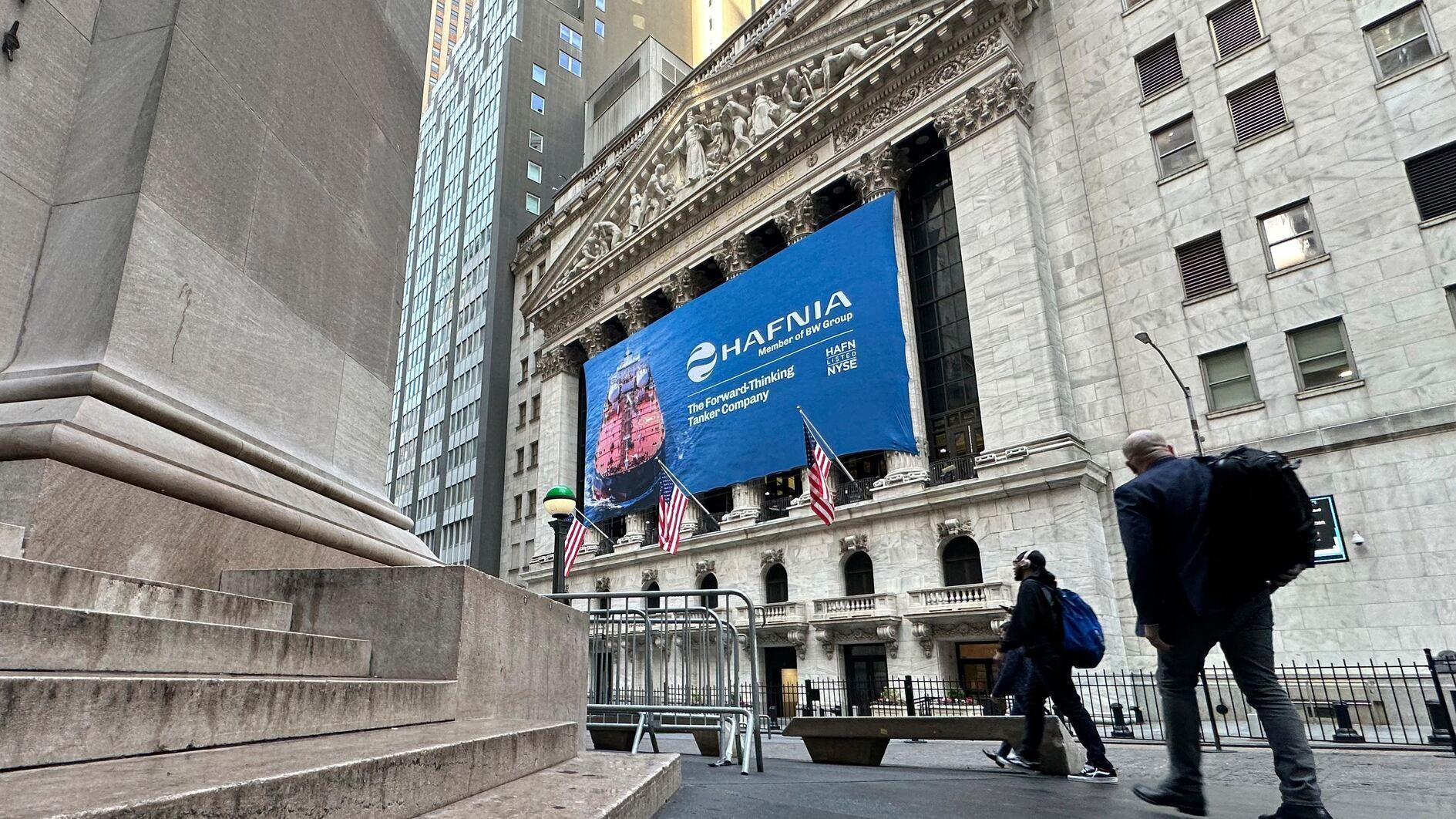The energy dimension of the Gulf Crisis: The Qatari perspective
MİTHAT RENDE
Because it falls between Saudi Arabia and Iran both geographically and politically, and is thus subject to feeling almost besieged by two regional powers, Qatar has developed a view of its defense reflecting its position.It both maintains close cooperation with the other Gulf countries via the Gulf Cooperation Council (GCC) but at the same time also feels the need to remain in dialogue with Iran. This has been perceived by the Saudis as an action against them, perhaps even amounting to treason. The policy of maintaining dialogue and cooperation with Iran was begun in the time of the present Emir’s father, Sheikh Hamad bin Khalifa al-Thani, and has been continued by current Emir Sheikh Tamim bin Hamad al-Thani.
Undoubtedly, there are other important reasons why Qatar strives to have a dialogue with Iran.
The two countries share the world’s largest natural gas field. Its proven reserves amount to 25 trillion cubic meters (around 14 percent of total global reserves). A further point is that Qatar has definite fixed purchase agreements for the sale of 90 percent of its liquefied natural gas (LNG) for the period between 2014 and 2021. So what matters most for it now is that it must be able to dispatch its fleet of giant tankers to carry out its guarantees without interruption until a way to resolve the crisis is found. One should add that Qatar is one of the very few countries that can produce LNG at very low prices of around $2.50 per mmbtu (million British Thermal Units).
In the last two decades Qatar has spent around $150 million on its capacity at Ras Laffa to make itself the largest LNG producer and exporter in the world. As a result, with 77 million tons of production a year it controls around 30 percent of total world LNG output. However, this leading position appears to be under threat from both Australia and the United States. As a result of the shale gas revolution, the U.S. has emerged as a major producer of LNG, and it is expected that from 2018 Australia will be the world’s top ranking LNG producer.
In view of this, Qatar has been working over the last 12 years protect its status as the top producer by ending a moratorium on working in the North Field gas field and doing so on its own. In this context it decided to generate additional capacity of equivalent to 400,000 barrels of crude oil as a first stage. That amounts to additional production of 20 billion cubic meters per year. We should mention here that despite the imposition of the embargo by Saudi Arabia and other Gulf states, Qatar has decided to continue to supply the United Arab Emirates with natural gas.
Natural gas is generally seen as the fossil fuel with the least disadvantages in combatting global warming, and only as an intermediate or short-term fuel. The fact that Qatar has enjoyed such enormous success with it has inevitably raised eyebrows in some circles. No success ever goes unpunished. Doha’s hyperactive foreign policy and its apparent yearning to play a part in all issues everywhere has been judged by the leaders of some countries as attempts to do things that are not justified by its size. More than that, things like Al Jazeera’s broadcasts, competition between Qatar Airlines and other carriers in the region, and - most important of all - the dialogue with Iran has gone down very badly among those countries in the Arab world that see themselves as “big brothers” and that simply could not stomach this situation.
The blockade now being imposed on Qatar may adversely affect its exports of LNG in the medium and long term. The technical barriers which Egypt will be able to apply, and the preference for not supplying it via the Suez Canal for reasons to do with security and insurance premiums, mean that if Qatar’s LNG exports to Europe have to go via the Horn of Africa in order to reach customers, their price is expected to rise somewhat, perhaps by half a dollar per mmbtu. That might make U.S. exports of LNG more attractive pricewise to Europe, while gas from the pipeline from Russia may also be partially relieved. Against this, Qatar may lower its prices and supply countries in the Far East in order to maintain its market share.
When discussing LNG, there is one point that has to be stressed. Although Turkey and Qatar enjoy excellent bilateral relations, it is unfortunately rather difficult to say that Qatar has always adopted a fully supportive role in enabling Turkey to obtain a long term LNG contract. Despite all the initiatives that Turkey has made in the past, it has proved impossible to sign a long term agreement with either Qatargas or Rasgas, the two Qatari gas companies. If Turkey were to be supplied with LNG from Qatar at reasonable prices on a long term contract basis, it would be extremely helpful for the country’s energy security.
If the crisis continues for a long period, we should expect it to have an adverse impact on regional trade. The crisis may impact on tourism, air travel, and the logistical sector. Under present circumstances there will be consequences for the Expo World Fair to be held in Dubai in 2020, the FIFA World Cup to be held in Qatar in 2022, and many other cultural and commercial activities. But it will be the people of the countries concerned - the elderly, women, and children - who will suffer most.
To sum up, one has to state sadly that considering the local cultural heritage of the Gulf countries, as well as the quality of education there, a great deal more time will be needed in order to achieve the tolerance and mutual solidarity needed for a peaceful solution on the basis of common interests.
* Mithat Rende is the former Turkish ambassador to Qatar and a former chair of the OECD Executive Committee.











